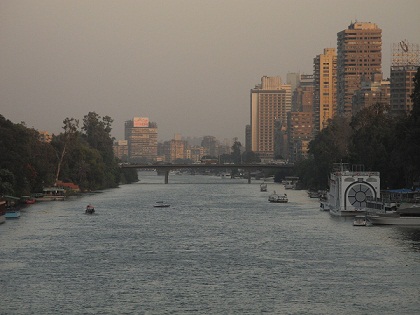After four months of talks in parliament about amendments to the articles of the Protest Law, parliament finally decided to begin the first session of discussions on Sunday.
Parliament’s Constitutional and Legislative Affairs Committee and Defence and National Security Committee will start to discuss on Sunday a draft law submitted by the government for the amendment of a number of articles of the Protest Law, according to state-run media outlet EGY News on Saturday.
The committees also will look into suggestions prepared by some parliamentary members for the law.
Amending the law was decided on after a declaration put in place by the Constitutional Court in December regarding the constitutionality of some articles in the law.
The Constitutional Court made declarations for Articles 8 and 10, both related to regulating protest arrangement between the Ministry of Interior and the protesters.
For Article 10, the court said that the Ministry of Interior no longer has the right to reject or ban protests, after it was able to cancel, postpone, or modify the route of a protest if they had acquired “serious information or evidence that the assembly would threaten national peace and security.”
Meanwhile for Article 8, the court confirmed it’s constitutionally, as it stipulates that protesters should notify officials prior to gathering.
The previous amendment was welcomed by a number of politicians, members of parliament (MPs), and activists; however, their main goal regarding the law’s amendment was improving Articles 7 and 19 that would aid in releasing all those arrested for protesting.
Articles 7 and 19 impose penalties on any protestor who violates the law’s terms, and their constitutionality was upheld. In accordance with the aforementioned articles, security forces would continue to harass and arrest protestors.
Activists and lawyers have been awaiting amendments to both articles, since arranging protests became one of the most risky and difficult issues in the country.
In April 2016, around 200 people were arrested in the wake of a protest arranged against the Egyptian-Saudi maritime demarcation agreement that sought transferring sovereignty of Tiran and Sanafir islands to Saudi Arabia.
The protesters faced investigations, arrests, and trials, despite having notified the Ministry of Interior about their assemblies, which had, however, rejected their protests.
The law requires that organisers of any public assembly submit a written notice to the nearest police station with their plans at least three working days in advance. The notices were always rejected, which made it one of the core issues stirring concerns regarding the law’s validity by politicians and activists.
The Protest Law was established in 2013 to regulate the right to public meetings, processions, and peaceful demonstrations.

